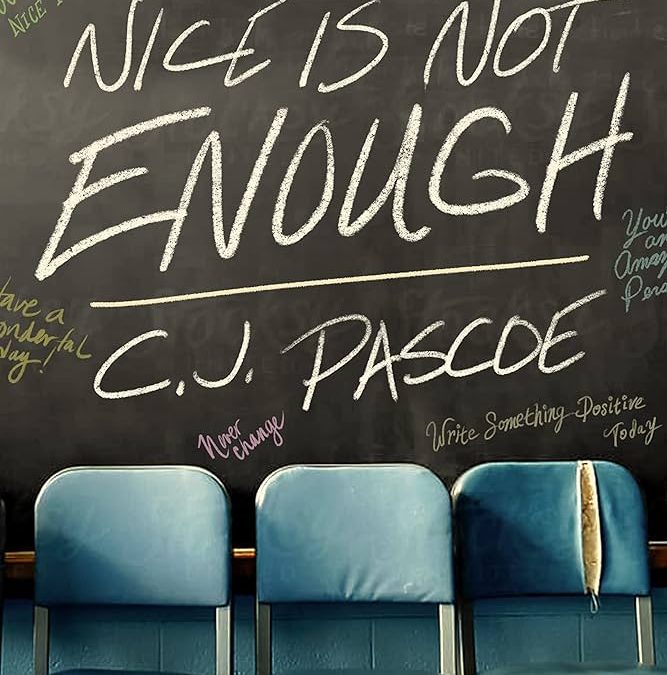The University of Rhode Island’s College of Education recently hosted a book club for its faculty, focusing on “Nice Is Not Enough: Inequality and the Limits of Kindness at American High” by C. J. Pascoe.
Pascoe’s work is an examination of how social norms and institutional structures perpetuate inequalities, even in environments that pride themselves on being welcoming and diverse. She argues that while acts of kindness are important, they are often not sufficient to bridge the gaps created by racial, gender, and socioeconomic disparities. The book challenges readers to look beyond the surface level of interpersonal interactions and consider the underlying forces that shape the school environment.
Pascoe looks at the role of school policies and practices in reinforcing or challenging inequalities. She points out that initiatives aimed at promoting diversity and inclusion often fall short if they do not address the structural factors that contribute to marginalization. For instance, anti-bullying programs that focus solely on individual behavior without tackling the broader cultural and institutional contexts that enable bullying, ultimately do little to change the social dynamics at play. Pascoe’s statement, “We cannot bias train our way out of inequality,” underscores the necessity for a more nuanced and holistic approach to combatting inequality in educational settings.
“Nice Is Not Enough” is a compelling call to action for students, educators, parents, and policymakers alike. It challenges the notion that kindness alone is sufficient to overcome the deep-seated inequalities that shape the lives of young people. Instead, Pascoe urges us to adopt a more critical and comprehensive approach to fostering equity and inclusion in schools.


Recent Comments